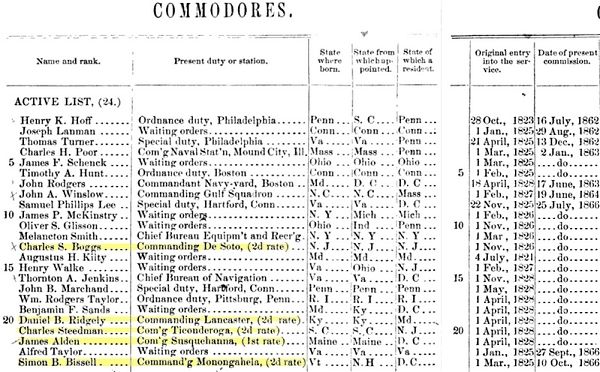Kirk didn't commit 'blatant violations" of the Prime Directive in TOS. VOY said that he did. That's revisionist history.
Either you didn't understand or didn't read my comment on the specific citation in Voyager that you brought up in the first place. I only mentioned one of the examples that Icheb gave in his report, but in fact all three reference races and supposed incidents that
never occurred in canon, one of which that was detailed in a novel only. Instead of repeating yourself, explain how it's possible to revise the history of something that never happened in canon, the continuity that you're defending.
Watch TOS again. More often than not, Kirk is putting things right again after they got screwed up by someone else. A Piece of the Action, Return of the Archons, Bread and Circuses, and Patterns of Force are all about Kirk restoring the natural order of things.
I've seen them and agree with you on the premises. But again, Voyager never disputed actual events as presented on TOS.
Janeway saying something along the lines of "Of course, they'd all be thrown out of Starfleet today..." in a matter-of-fact tone was most assuredly negative. It came off as falsely superior and smug, and it struck me as supremely disrespectful of both the characters in-universe, and of TOS from a real-world perspective. It was remarkably tone-deaf in an episode that was supposedly about paying tribute to TOS on the 30th anniversary. After all, if it wasn't for TOS, none of those actors or writers would have jobs.
Yes, she did recite that dialogue. But as put in context given the entire reference below, IMO her overall meaning wasn't restricted to those bald words, and in fact, is fairly nuanced. In seeing it again now (I just played it), I frankly don't sense a hint of condescension, disrespect, or dismissiveness. She presents it to Kim as a history lesson that I think is properly mindful of the differences in the eras, but especially of the manifest dangers that were present earlier . I don't take the last line as a token throwaway either, but as spoken, one that has the inflection of tribute that to you seems so shockingly lacking. But as you say at the end, we all view things through a slightly different prism, but in the sake of forthrightness, I have to admit that our opinions on Voyager itself vary quite significantly.
JANEWAY: It was a very different time, Mister Kim. Captain Sulu, Captain Kirk, Dr. McCoy. They all belonged to a different breed of Starfleet officer. Imagine the era they lived in. The Alpha Quadrant still largely unexplored. Humanity on verge of war with Klingons. Romulans hiding behind every nebula. Even the technology we take for granted was still in its early stages. No plasma weapons, no multiphasic shields. Their ships were half as fast.
KIM: No replicators, no holodecks. You know, ever since I took Starfleet history at the academy, I always wondered what it would be like to live in those days.
JANEWAY: Space must have seemed a whole lot bigger back then. It's not surprising they had to bend the rules a little. They were a little slower to invoke the Prime Directive, and a little quicker to pull their phasers. Of course, the whole bunch of them would be booted out of Starfleet today. But I have to admit, I would have loved to ride shotgun at least once with a group of officers like that.
I try not to go off on VOY as a general rule of thumb, but since you seem to want me to, I'll be blunt: VOY was a pretty horribly written, acted, and produced show, and I consider it and ENT largely responsible for modern Trek's decline. YMMV, of course, but that's my opinion.

